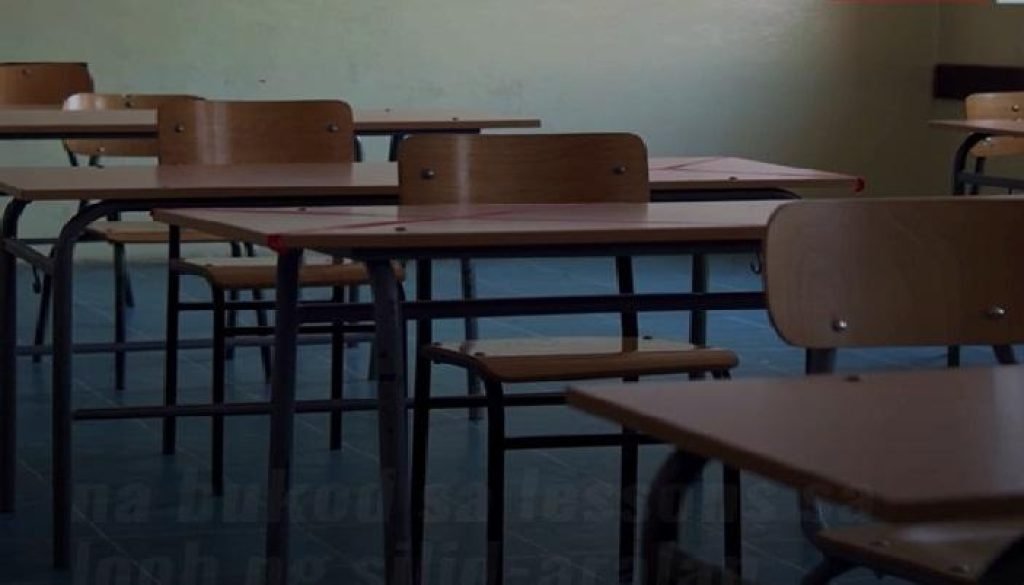
Several groups, lawmakers, and even the President expressed disapproval about the proposed comprehensive sexual education (CSE) in the Senate bill which seeks to prevent adolescent pregnancies. But what is CSE and what does it aim to teach young learners?
The apprehension stemmed from a provision on the CSE under Senate Bill 1979 or the Adolescent Pregnancy Prevention Bill.
To prevent adolescent pregnancy in the country, the bill stated that “age and development-appropriate” CSE shall be standardized and implemented in all public and private basic education institutions.
The CSE shall include topics such as human sexuality, informed consent, effective contraceptive use, HIV/AIDS and other sexually transmitted infections, sexual abuse and exploitation, gender equality and equity, and gender-based violence, among others.
Section 6 of the bill stated that CSE shall be integrated into the school curriculum, guided by the DepEd and international standards.
It shall also be standardized and implemented in all public and private basic education institutions, and shall not be dependent upon the discretion of the school administration or on its teachers.
The National Coalition for the Family and the Constitution (NCFC) opposed the CSE, believing some of its provisions have inappropriate concepts and threaten “moral, societal, and spiritual values.
This was refuted by Senator Risa Hontiveros, principal author of the bill, saying that such claims were “outright lies.”
Hontiveros, who heads the Senate women, children, family relations, and gender equality, also said that the bill has no provisions about teaching or encouraging masturbation for children aged zero to four years old, and teaching “bodily pleasure” or “sexual rights” to children six to nine years old.
She also clarified that the bill was not derived from the “Standards of Sexuality Education in Europe”, but was referenced from the Responsible Parenthood and Reproductive Health Law.
Based on the Standards for Sexuality Education in Europe as published by the World Health Organization (WHO) Collaborating Centre for Sexual and Reproductive Health, the age group 0-4 should be given information about “enjoyment and pleasure when touching one’s own body, [and] early childhood masturbation,” as well as the “the right to ask questions about sexuality [and] the right to explore gender identities.”
Meanwhile, children aged 6-9 should be taught about “enjoyment and pleasure when touching one’s own body,” gender roles, and sexual rights of children, the foreign guideline added.
President Ferdinand “Bongbong” Marcos Jr. first acknowledged the need to address teenage pregnancy amid talks about the CSE implementation, saying that teaching the program to the students is “very, very, very important.”
The President, however, backed track on Monday, saying that upon reading the bill in detail, he was shocked and appalled by some of the contents of SB 1979.
”You will teach four-year-olds how to masturbate. That every child has the right to try different sexualities. This is ridiculous. It is abhorrent. It is a travesty of what sexual and sex education should be to the children,” he said.
The President pointed out that as a parent and grandparent, he feels strongly about the issue. He guaranteed that if the bill included these ”absurdities,” it would not stand a chance and he would immediately veto it.
Hontiveros said she is willing to accept amendments to refine the bill “so we can steer it to passage.”
MATATAG curriculum
Unknown to many, the CSE has already been integrated into the K to 12 curriculum even before the ongoing debates about its implementation under the Adolescent Pregnancy Prevention Bill.
The Department of Education (DepEd) in 2018 released the policy guidelines on the CSE implementation in all public and private elementary, junior and senior high schools nationwide.
Based on DepEd Order No. 31, series of 2018, signed by then Education Secretary Leonor Briones, CSE is a “curriculum-based process of teaching and learning about cognitive, emotional, physical and social aspects of sexuality that is scientific, age-and-developmentally appropriate, culturally and gender-responsive, and with a rights-based approach.”
DepEd’s policy guidelines also noted that CSE “teaches life skills among learners to help them develop critical thinking about risk behaviors related to poor reproductive health outcomes, enhance self-esteem and develop respectful intrapersonal and interpersonal relationships that enable them to deal with the complex changes happening in them throughout their lives.”
Under the recalibrated K to 10 curriculum, learners would be taught lessons on sexual and reproductive health rights under the Physical Education & Health subject starting at the Grade 4 level, where students in this grade level are usually aged nine to 10.
Meanwhile, Grade 5 students would receive lectures on healthy ways of managing puberty-related changes, communicating needs, and respecting boundaries in relationships.
Respecting basic gender concepts and all sexual identities would be taught in the third quarter of Grade 6.
Topics on social development would be explained in Grade 7, while those related to sexually-transmitted infections, such as HIV and AIDS, would be for Grade 8 students.
Grade 9 students, typically aged 13 to 15, would be given lessons on ways to demonstrate responsible sexual behaviors and sexual and gender-based violence.
DepEd launched the MATATAG K-10 curriculum in August 2023, and piloted it in 35 schools nationwide during School Year 2023-2024.
The phased implementation of the new curriculum among learners in Kinder, Grade 1, Grade 4, and Grade 7 began in School Year 2024-2025. It will be followed by Grades 2, 5, and 8 in SY 2025-2026; Grades 3, 6 and 9 in SY 2026-2027; and Grade 10 in SY 2027-2028.—LDF, GMA Integrated News






